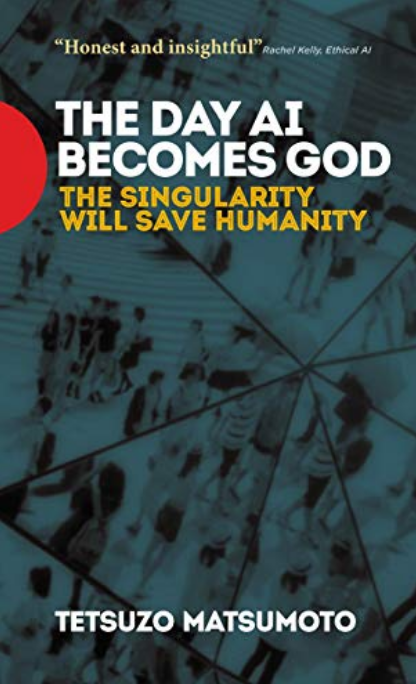Wearable and Implantable Electronic Devices to Monitor Health and Treat Disease – CHICAGO’S NEW SILICON PRAIRIE
Imagine waking up every morning and having a device that greets you with a report on the quality of your sleep, a summary of your key health indicators, and a schedule of suggested exercises for the day tailored to your age, health and personal goals. Although a device with features like this might sound like science fiction, Professor John A. Rogers and his research team at Northwestern University are working to make this vision a reality.
Who Is John A. Rogers?
Dr. John A. Rogers is Professor of Materials Science and Engineering, Biomedical Engineering, and Neurological Surgery at Northwestern University. He is a leading materials science researcher creating “flexible organic electronics” that can be applied to the skin or implanted inside the human body. Some of these electronic devices will provide a steady stream of health information to patients and their doctors. Other devices will administer electrical therapy to injured parts of the body, for example, to stimulate repair of damaged nerves in spinal cords.
Rogers grew up in a science-focused family. His father has a Ph.D. in physics, and his mother is a poet whose poetry explores science and nature. As a sophomore in high school, his interest in chemistry was piqued by a homework assignment requiring students to write a one-page summary on each of the elements of the periodic table. Rogers was fascinated by the fact that elements having such different characteristics were all composed of the same three fundamental building blocks: protons, neutrons and electrons. All that varied were the number and configuration of these building blocks in each element. Rogers’s work today focuses on how the number and configuration of atoms and molecules affect the properties of materials whether the materials can be effectively and safely applied to, or implanted inside, the human body.

